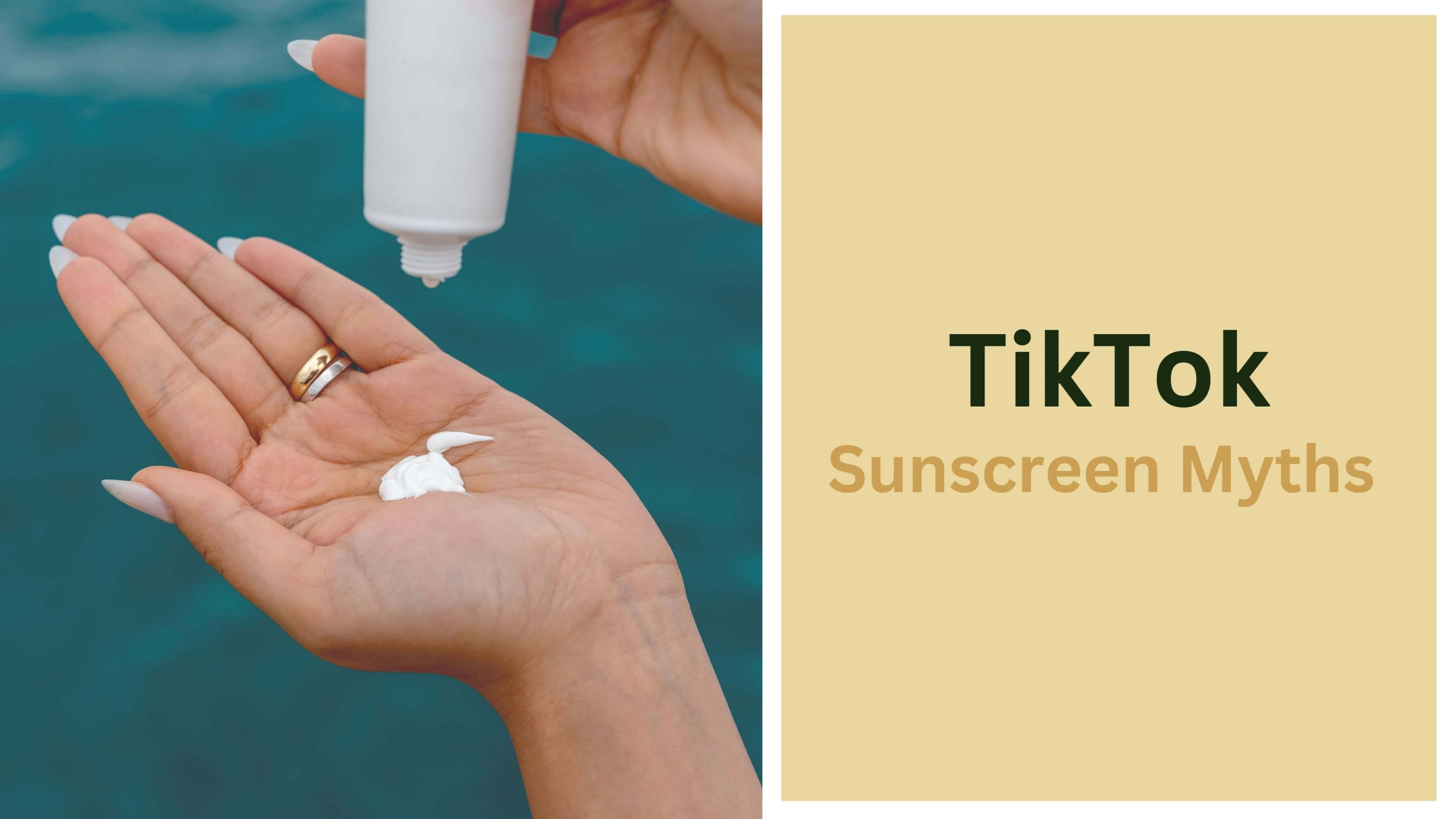Sunscreen Myths on TikTok: Separating Fact from Fiction
&srotate=0)
In the world of skincare advice on TikTok, where every user seems to be a self-proclaimed dermatologist and kitchen chemist, it's hard to separate solid advice from "wait, you're doing what?!" trends. One such trend that's been making waves (and potentially burns) is the DIY sunscreen craze. Yes, you heard that right—people are attempting to whip up their own SPF potions at home, and as you might imagine, dermatologists are collectively cringing. Let's debunk the myths and set the record straight on sunscreen use before your next beach day turns into an unintended science experiment.
The Truth About Sunscreen
Sunscreen is not just a beach accessory; it's a vital tool in protecting your skin from harmful UV rays that can lead to sunburn, premature aging, and skin cancer. Yet, misinformation on platforms like TikTok has led to dangerous practices, including the DIY creation of sunscreen formulas using ingredients like coconut oil, shea butter, and even zinc oxide powder—often without any testing or scientific backing.
The Risks of DIY Sunscreen
While the idea of creating your own skincare products might sound empowering, sunscreen is a specialized formulation that undergoes rigorous testing to ensure effectiveness and safety. DIY recipes circulating on TikTok not only lack the necessary SPF verification but can also fail to provide adequate protection against both UVA and UVB rays. This can result in sun damage and increased risk of skin cancer, defeating the purpose of using sunscreen altogether.
False Claims and Misinformation
Beyond homemade concoctions, TikTok has become a breeding ground for misleading claims about sunscreen. From recommendations to skip SPF on cloudy days to promoting sunscreen oils as an alternative to traditional lotions, these myths can lead to improper sun protection practices and put individuals at risk of sunburn and long-term skin damage.
Expert Advice: How to Safely Use Sunscreen
To ensure you're effectively protecting your skin from the sun's harmful rays, follow these expert-backed guidelines:
- Choose a Broad-Spectrum Sunscreen: Look for a sunscreen that offers broad-spectrum protection, meaning it protects against both UVA and UVB rays.
- Use SPF 30 or Higher: Opt for sunscreen with SPF 30 or higher, and apply it generously to all exposed skin, including often overlooked areas like ears, lips, and the tops of feet.
- Apply and Reapply: Apply sunscreen 15 minutes before sun exposure and reapply at least every two hours, or immediately after swimming or sweating.
- Avoid DIY Sunscreen: Resist the urge to experiment with homemade sunscreens. Stick to reputable brands that have undergone rigorous testing for safety and efficacy.
- Consult a Dermatologist: If you have specific concerns about sunscreen or your skin's sensitivity to certain products, consult a dermatologist for personalized recommendations.
Conclusion
As tempting as it may be to follow the latest TikTok skincare trend, your skin's health is too important to gamble with DIY sunscreen experiments. Protecting yourself from the sun's rays requires reliable products backed by science, not social media trends. By arming yourself with accurate information and adopting proper sunscreen practices, you can enjoy the sun safely and confidently, knowing you're taking the best care of your skin.
Let's leave the DIY projects for home decor and baked goods—when it comes to sunscreen, trust the experts, not the influencers.